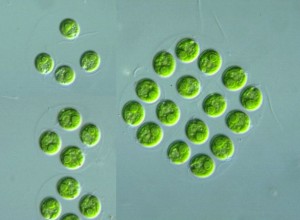
A breath test for cancer.
Researchers are reporting a new test for gastric cancer in the British Journal of Cancer (Abstract is free, subscription required for full article). In the study the researchers looked at 130 patients with different gastric conditions. Of the patients 37 had gastric cancer, 32 had ulcers and 61 had less serious complaints. As it turns out, the cancer causes an identify chemical identifier. Patients diagnosed with cancer produced elevated levels of the following volatile organic compounds: 2-propenenitrile, 2-butoxy-ethanol, furfural, 6-methyl-5-hepten-2-one and isoprene. These levels can be detected by gas chromatography, but the researchers developed a special nanoparticle sensor that could detect these compounds at the parts per billion level. This study seems to bolster previous research where dogs were able to identify cancer patients with ~71% accuracy based on breath samples. It is also supported by a study where lung cancer was detected using a breathalyzer type test. But, since this was a small study these results will have to be confirmed using a larger sample.

